Introduction
Within the co-operation programme, we have prioritised initiatives that draw on knowledge, the exchange of experiences and co-operation in order to generate trans-Nordic benefits and ensure better conditions for the development of the Nordic Region’s labour markets.
The ambition is to create solutions that contribute towards policy development at the national level in each of the individual countries. Similarly, there is also an ambition to coordinate common viewpoints and declarations within areas in which the countries can achieve more in union than they can on their own.
In order to secure trans-Nordic benefits and progress in line with the vision of the co-operation programme, tight-knit co-operation will be required across the Councils of Ministers, in addition to continuous dialogue with the Nordic Council, civil society and, not least, social-partner organisations.
The unique Nordic labour-market model is also an important tool. Not just when it comes to matters such as pay and working hours, changing conditions on the labour market and training, but also, and especially, when it comes to creating the right conditions to achieve the Nordic vision for 2030.
The co-operation programme was approved by the Nordic Council of Ministers for Labour on 29 August 2024 and applies for the 2025–2030 period.


All activities in the Nordic Council of Ministers will contribute to fulfilling our vision that the Nordic Region will be the world's most sustainable and integrated region in 2030. The co-operation programme describes how the sector will work with the three strategic priority areas.